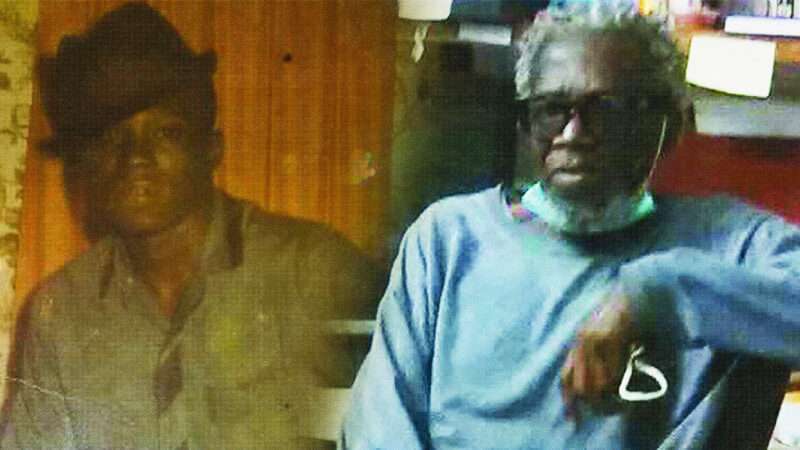
Bobby Sneed had his parole granted a few months ago, after serving nearly 47 years behind bars. The 74-year-old man’s release date was set for March 29—an exciting day for his four children and many grandchildren, who readied themselves to help him readjust to life outside prison walls.
But Sneed has not yet left the Louisiana State Penitentiary, widely known as Angola. Four days prior to his scheduled release, he collapsed and had to be hospitalized. During his infirmary stay, he allegedly tested positive for amphetamines and methamphetamines, according to his disciplinary records.
Prison officials subsequently refused to let him leave and threatened to rescind the parole board’s decision altogether. But their evidence was flimsy, and it took just 10 to 15 minutes for the disciplinary committee to judge him not guilty of the contraband charge. “They didn’t have a complete chain of custody, so there ended up being no proof that the urine samples that tested positive for drugs actually was Bobby’s,” says Thomas Frampton, Sneed’s attorney.
Unfortunately for Sneed—who has been in solitary confinement for more than a month now—the story didn’t end there. The committee then pivoted and charged him with being in the wrong dorm when he collapsed. “If he is convicted of that charge, he’ll be facing the same parole revocation,” says Frampton. “It feels like we’ve gone from tragedy to farce now.”
The parole board unanimously agrees that Sneed is no longer a risk to society. But now he could die in prison because of a petty infraction—and taxpayers will shell out tens of thousands of dollars each year to keep him there.
His status is still in flux. “I have not received any information concerning the disposition of Offender Sneed’s disciplinary hearing from Louisiana State Penitentiary,” Francis Abbott, the executive director of the Louisiana Board of Pardons & Parole, told me today via email.
Sneed was originally arrested in 1974 for standing guard two blocks outside a home while his accomplices burglarized it, during which time they killed one of the residents. Though Sneed didn’t take part directly in the killing, he was charged with principal to commit second-degree murder and sentenced to life in prison. Sneed filed for the court to vacate the decision, and his application succeeded. But in 1987, after a second jury heard the case, he was convicted again.
“Of the six men originally arrested for this crime, Mr. Sneed is the only one who is still incarcerated,” reads his parole file. “Two of Mr. Sneed’s co-defendants agreed to testify and served no time. One co-defendant struck a deal with the state at the time of Mr. Sneed’s second trial and received a reduced sentence. One co-defendant died in prison and [another one] was released on parole.”
Meanwhile, Sneed accumulated a record of good behavior behind bars. “While in prison Sneed has gained the status of Class B ‘trusty’—a status that grants a certain amount of freedom within the prison, and is given to prisoners with a history of good behavior,” writes Nicholas Chrastil at The Lens. “He coached sports, taught music theory, and worked as an inmate counsel, helping other prisoners with their cases.”
No one disputes that Sneed’s initial crime was bad. But how is public safety served by keeping him behind bars now? “Let’s assume that Bobby is using drugs,” says Frampton. “He’s buying that from guards, and it’s very, very clear that after 47 years, the Angola prison has not been an environment to get sober….He’s not actually a danger to anyone. Nobody’s alleging he’s a danger to anyone. Yet nevertheless, he’s still stuck in prison long after he should have been released.”
from Latest – Reason.com https://ift.tt/3y11AHl
via IFTTT